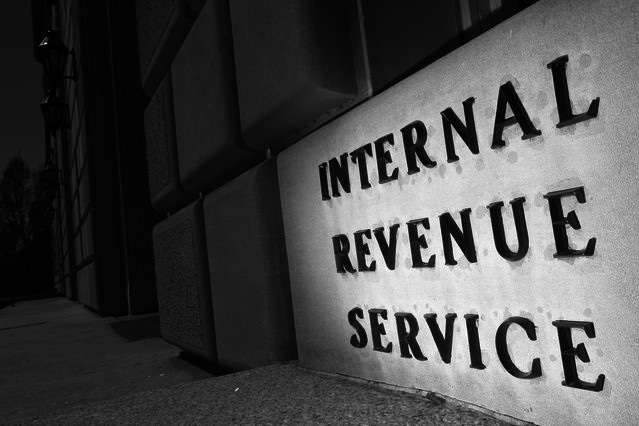Should open source software projects that give their products away freely have to pay taxes? Although the answer to that question traditionally has been "no," the IRS may be changing its mind, if the case of the Yorba desktop Linux software project is an indication.

Should open source software projects that give their products away freely have to pay taxes? Although the answer to that question traditionally has been "no," the Internal Revenue Service (IRS) may be changing its mind, if the case of the Yorba desktop Linux software project is an indication.
The Yorba team develops several major open source applications that are widely used on desktop Linux distributions running the GNOME interface and other environments. Back in 2009, the project filed for tax-exempt status in the United States under tax-code section 501(c)(3), which already governs a number of leading open source projects, including the Linux kernel, WordPress and Mozilla.
But as Yorba developer Jim Nelson explained, the IRS recently rejected Yorba's application after a waiting period of more than four years. The main reason: Yorba develops "software published under open source compatible licenses that authorize use by any person for any purpose, including nonexempt purposes such as commercial, recreational, or personal purposes, including campaign intervention and lobbying."
In other words, because the software Yorba creates is freely available to anyone, including people or entities that might use it for for-profit purposes, Yorba cannot claim tax-exempt status.
The IRS advanced additional reasons for rejecting Yorba's application, all of which are outlined in Nelson's blog post. He said Yorba doesn't plan to appeal the IRS decision, since that might present "an arduous legal battle we cannot afford."
But don't take that to mean this issue is likely to disappear anytime soon. It's a good bet that Free-software advocacy organizations, such as the Free Software Foundation and the Software Freedom Law Center, will be weighing in. And there are plenty of corporations with well-paid legal teams that have a stake in protecting the tax-exempt status of the third-party open source software projects on which they depend to do business (on which business they pay taxes, of course).
Indeed, if the Yorba decision sets a precedent that the IRS plans to apply to other organizations, it could ultimately have huge reverberations throughout the open source ecosystem, by making open source development more expensive, and open source business less lucrative. But it's far too early at this point to say with any certainty what this will all eventually mean.
About the Author(s)
You May Also Like


